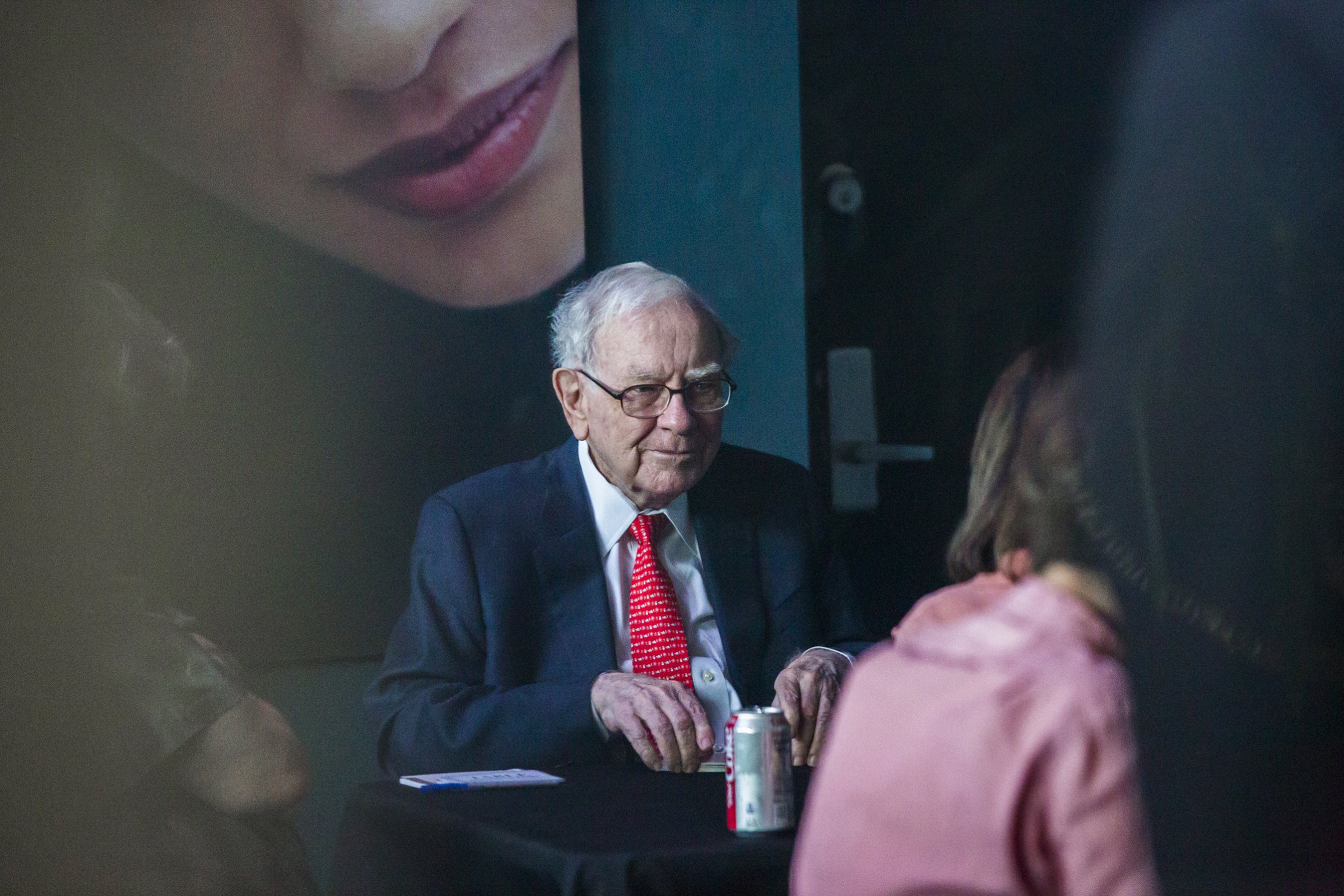
When Warren Buffett held his annual investorfest at the beginning of this month, he weighed in on CEOs taking stands on social issues. While he certainly airs his own political views from time to time, his stance is that he doesn’t want to speak for shareholders.
Buffett’s view on this subject was once standard CEO fare. But that’s changed: think Salesforce CEO Marc Benioff’s campaign against Indiana’s religious-freedom law, Merck CEO Ken Frazier’s resignation from President Trump’s advisory council after the Charlottesville riots or Delta CEO Ed Bastian’s decision to cut discounts for NRA members after the Parkland shootings–to name a few.
None of those would have happened a decade ago. So why are they happening now? In many cases, employees and customers are demanding that CEOs speak out.
But Buffett is right to note that this gets tricky quickly. When Frazier made his stand, he was not giving his personal views but signaling “what kind of company we are.” Benioff and Bastian were doing the same. At some point, taking such stands risks alienating customers and adding to polarization. The old line separating business from politics has clearly moved. But many CEOs are still struggling to understand where the new line should be drawn.
Murray is the president of Fortune
More Must-Reads from TIME
- Donald Trump Is TIME's 2024 Person of the Year
- Why We Chose Trump as Person of the Year
- Is Intermittent Fasting Good or Bad for You?
- The 100 Must-Read Books of 2024
- The 20 Best Christmas TV Episodes
- Column: If Optimism Feels Ridiculous Now, Try Hope
- The Future of Climate Action Is Trade Policy
- Merle Bombardieri Is Helping People Make the Baby Decision
Contact us at letters@time.com